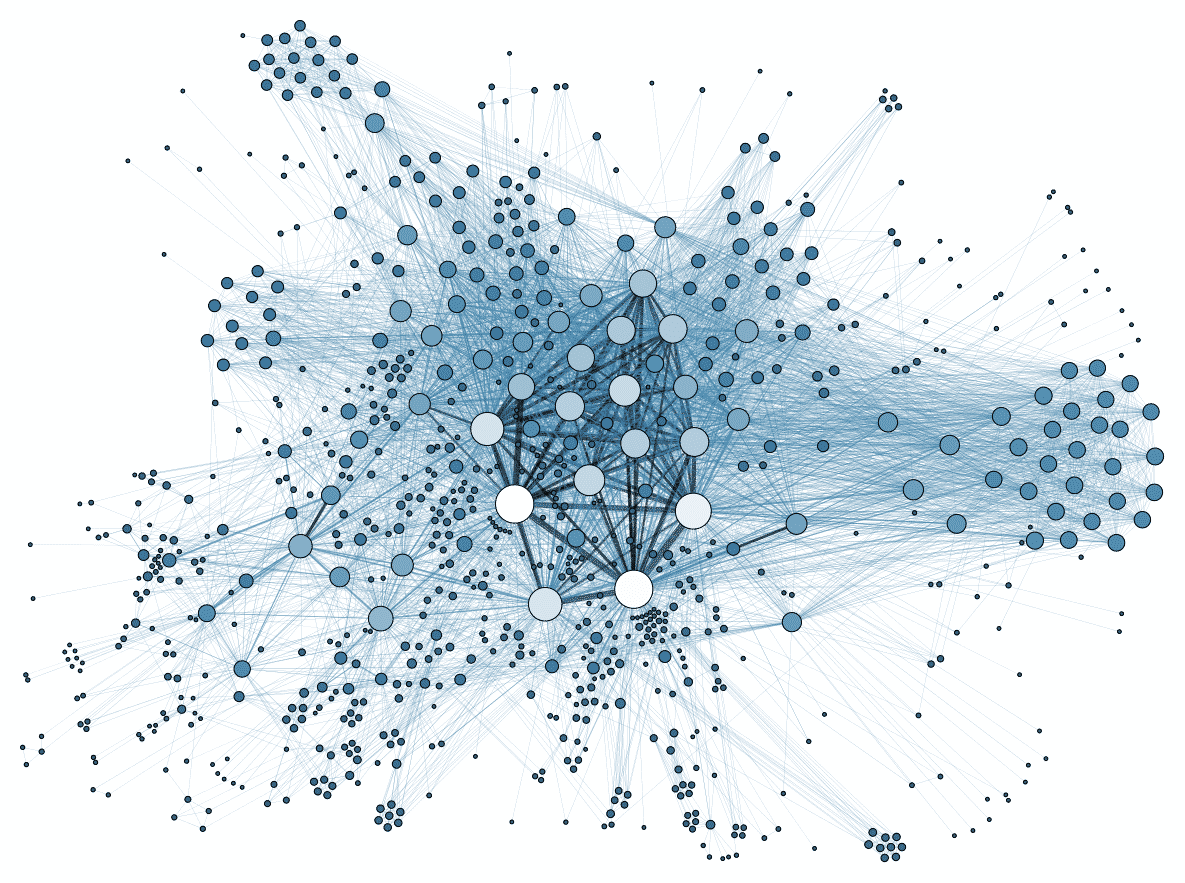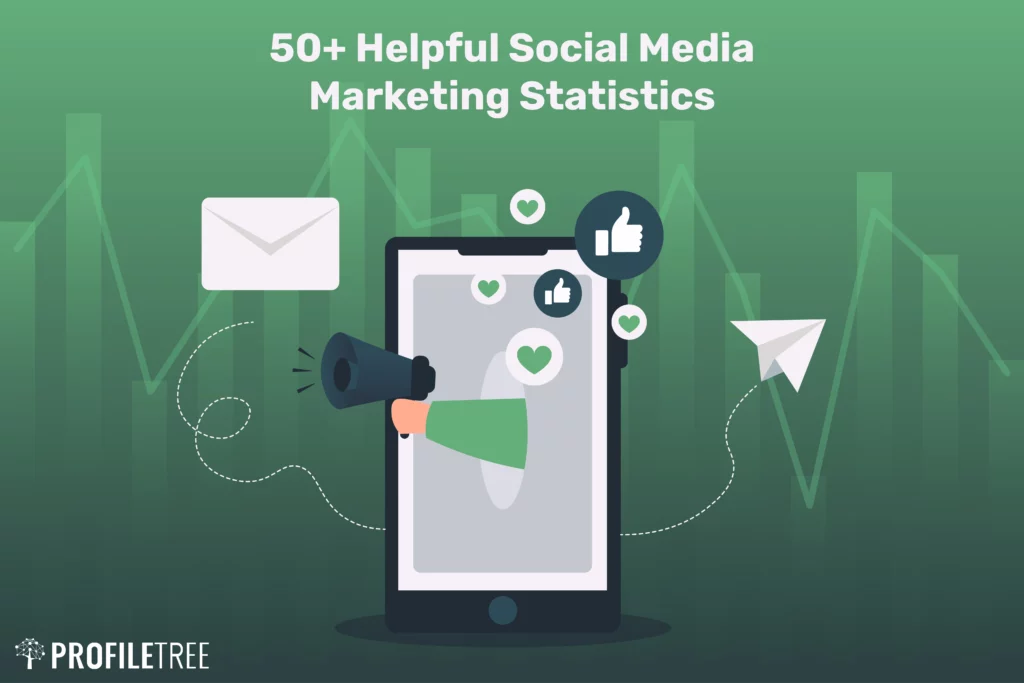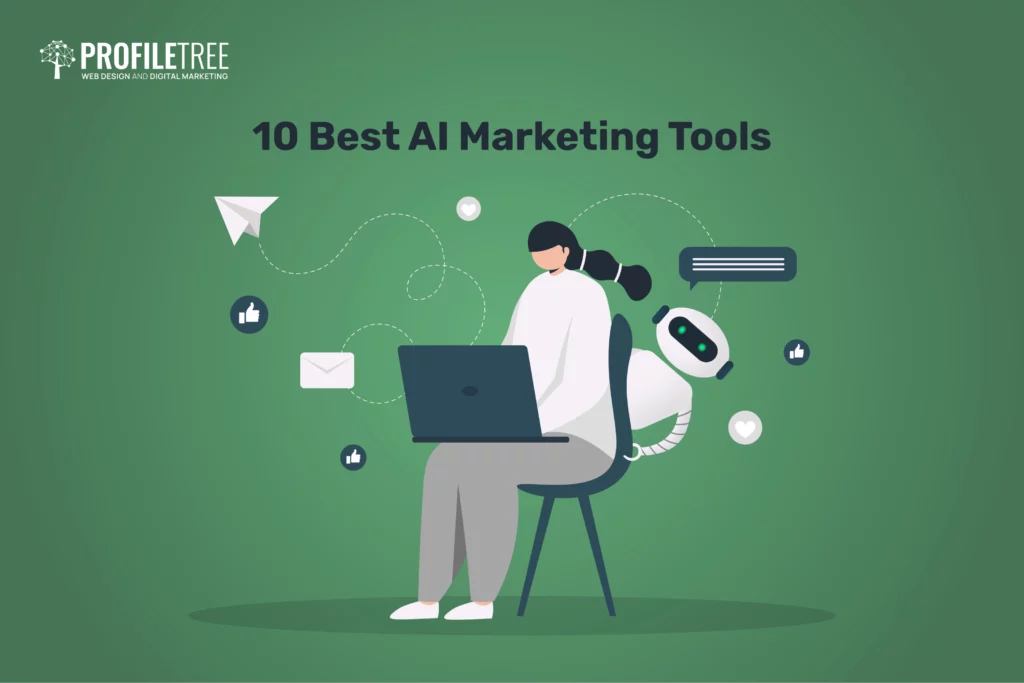If your business is providing online content of any kind, be it about your product or the content itself. Having a high search engine ranking is an indicator of how popular you are in the online community. Search engines rank you according to your relevance to user needs; they are the cause and effect of your Internet outreach.
A large chunk of Internet traffic nowadays is located on social networks. Search engines, of course, can’t ignore that much highly personalized traffic. This is where social media search comes in.
What can be more effective in bringing relevant content to the users than cross-referencing with the content they generated? This opened more doors and opportunities for content providers and businesses in terms of appealing to the growing social media community. Everything has a downside; in this case, it’s having to modify your content, making it even more user-specific than ever.
Social media search tools allow brands to monitor mentions, trends, and conversations across networks to understand their audience, identify opportunities, and benchmark performance. In this guide, we dive into the top social listening platforms and best practices for leveraging them.
Also, check SEO Checklist – How to Make Search Engines Fall in Love with Your Website.

Table of Contents
What Is Social Media Search?
Social media search is finding data on social media websites using tweaked web-based search algorithms. When it comes to advancement in search algorithms, you’ll notice that it’s always in favour of personalizing the results as much as possible. But they can only go so far as, in the end, the results rely on the relation between the content and the query. Social media search, on the other hand, relies on the social relationship between the search results and the users themselves. The search considers the interaction and interest of other users in your social graph.
Social Graph?
Simply put, it’s the mapping of virtually everyone and how they relate. The term was introduced by Facebook back in 2007 as a revolutionary way to enhance the overall social network experience. The “graph” can be imagined as a web of data that connects seemingly unrelated people with shared interactions and interests. Social graphs are the framework upon which social media search is based.
Social Media Search Engine
The software provides results for your searches by pulling out user-submitted data from social media. This is done by running your query through similar ones done by users who are socially related to you. The advantage of social media search is that it provides results from real people in real-time. This guarantees your query will be answered with related and recent content.
Application?
Imagine you covered a local event on your social media account. Anyone searching for the keywords related to that event will be filtered through your social graph. Then, only those searching for the event, not just the related keywords, will view your article.
This guarantees your profile outreach to be as effective as possible, as only those directly interested in your content will get it. This by no means confines you to your local audience only. Social mapping algorithms are much more complicated than that. You could be more virtually related to someone on the other side than your neighbours.
What That Means for You
Social networking platforms opened up a new battlefront for e-marketing. It’s not just about the rising numbers of user databases; Online communities are much more reactive to new advertising campaigns. Whether your business is still on the rise or a giant in its field, establishing a social media presence is necessary.
An online presence is the first step in establishing your brand on social media. You need to reach out to as many people as possible; this is done by tickling their interest. Constantly creating content is an excellent way of engaging your audience. With the rise of social media search came an opportunity to extend your virtual arms even further.
Social Media Search Optimization
Much like conventional search engines, social media search engines require a little bit of optimizing your content. As social network search is more user-specific, so will your content need to be to reach them. This means considering who might be affected by what you have to say.
This stresses the importance of social media networking. A business consulting agency now not only needs to produce content related to the business field but also needs to be on the social graph of its stakeholders. It’s a synergistic relationship between your content and your readers. The more related it is to user queries, the more readers you’ll have. Similarly, an increase in readers causes exponential growth in related users.
Social Discovery
The technology uses personal information and social preferences to predict your interests. Social media platforms use such algorithms to discover new people that may be related to you in real-time. This tech is used widely to get products and services to users who may be interested on a large scale.
This is virtually how all “recommended for you” features in any app more or less work. Social discovery can be used to market your product on social media in a semi-organic matter. Semi, it needs some planning to associate your products or services with others that can help you appeal to a larger, more diverse audience.
Types of Social Media Search Tools
Monitoring Tools
These tools allow you to track mentions of your brand, products, keywords, competitors, and industry news across social platforms and the web. Key features include:
- Keyword tracking – Monitor terms, brand names, products, etc.
- Mention monitoring – Get alerts when your brand or handles are mentioned.
- Location monitoring – Track geotagged content and conversations.
- Influencer tracking – Follow relevant people mentioning your niche.
- Sentiment analysis – Detect positive, negative or neutral sentiment.
- Share of voice – Compare brand mentions vs competitors.
Top tools: Mention, Hootsuite, Talkwalker, Sprout Social, BuzzSumo
Analytics Tools
These tools provide in-depth analysis of conversations to derive actionable insights. Capabilities include:
- Audience analysis – Demographics, psychographics, interests, behaviours.
- Engagement metrics – Likes, comments, clicks, shares, followers.
- Influencer analysis – Categorize and identify key influencers.
- Content analysis – Evaluate the performance of different content types.
- Sentiment analysis – Understand attitudes and emotional responses.
- Benchmarking – Compare metrics against competitors.
Top tools: Brandwatch, Sysomos, Digimind, Socialbakers, Netbase
Management Tools
These platforms allow collaboration across teams and managing workflows. Features include:
- Unified inbox – Manage conversations from one dashboard.
- Assignment workflows – Route conversations to the right team members.
- Approval workflows – Review and approve content for publishing.
- Reporting – Centralized analytics and reporting.
- Integrations – Connect social data to other systems.
- Collaboration – Comments, tasks, asset sharing.
Top tools: Sprout Social, Agorapulse, Sendible, Sprinklr, Falcon.io
The top tools in each category include:
Monitoring Tools:
Mention – Tracks brand mentions across the web and social. Offers real-time alerts, sentiment analysis, and reporting.
Hootsuite – Social media management platform with basic monitoring for brand keywords and mentions.
Sprout Social – Tracks keywords and provides engagement analytics—integration with publishing and reporting.
BuzzSumo – Allows finding trending and most-shared content containing keywords—media monitoring capabilities.
Talkwalker – Monitors brands across social networks, news, blogs, forums and more. Sentiment analysis and image tracking.
Analytics Tools:
Brandwatch – Powerful real-time dashboards and in-depth reporting across search, social and news.
Sysomos – Tracks hashtags, placements, influencers, and audience demographics. Robust analytics and data visualizations.
Netbase – Uses AI and machine learning to analyze consumer sentiment, trends, and share of voice.
Socialbakers – Key metrics include brand analytics, competitor benchmarking, and crisis management.
Digimind – Media monitoring with comprehensive analytics and reporting. Integration capabilities.
Management Tools:
Agorapulse – Unified inbox and publishing, along with monitoring and team workflows.
Sendible – Schedule and queue social posts, manage RSS, and monitor brand mentions.
Falcon.io – Platform with publishing, engagement, analytics, and monitoring functionality.
Sprinklr – Enterprise social media management with monitoring, workflow and compliance tools.
Zoho Social – Social media management and monitoring suite focused on customer experience.
What’s Next?
Facebook is testing a new “add a link” feature that allows users to browse related articles to incorporate in their status updates. If this feature is released, this will open up new prospects for content-based marketing.
Regarding software and technology, a good idea spreads like wildfire. Since social media search proved efficient, other search engine platforms implemented this feature in their conventional algorithms. Google started giving its knowledge graph access to social media accounts in November 2014. They started with Google+ accounts at first, until the controversy surrounding their bias forced them to start showing results from other social networks.
Google says that your stats (page likes and total shares) aren’t considered when ranking your content regarding the user’s queries. This provides a more purely content/need-based social media search. But practically, more followers mean your content can reach more interested people who are mapped with even more interested people.
Social Media Search FAQ
Q: What social media platforms do these tools monitor?
A: Most monitor the major platforms like Twitter, Facebook, Instagram, YouTube, Reddit, forums and more. Some offer wider web monitoring.
Q: Are there free social media search tools?
A: Yes, there are some free monitoring tools but they provide limited capabilities. Robust analytics and management require paid tools.
Q: How much do paid social search tools cost?
A: Prices range from $50/mo for basic monitoring up to $5000+/mo for enterprise analytics and management.
Q: What skills do I need to use these tools effectively?
A: Some social media, marketing or data analysis experience is helpful. Look for platforms with intuitive UIs and onboarding education.
Social Media Search Conclusion:
Monitoring and analyzing social conversations provides invaluable consumer and competitive intelligence that can radically improve your marketing approach. But the volume of data can be overwhelming without the right tools and strategies.
Choosing the right platform based on your needs and skillfully mining the insights will allow you to identify opportunities, head off risks, and optimize both creative and operational aspects of your social program. A tuned-in social listening approach gives you an authentic connection to your audience.



